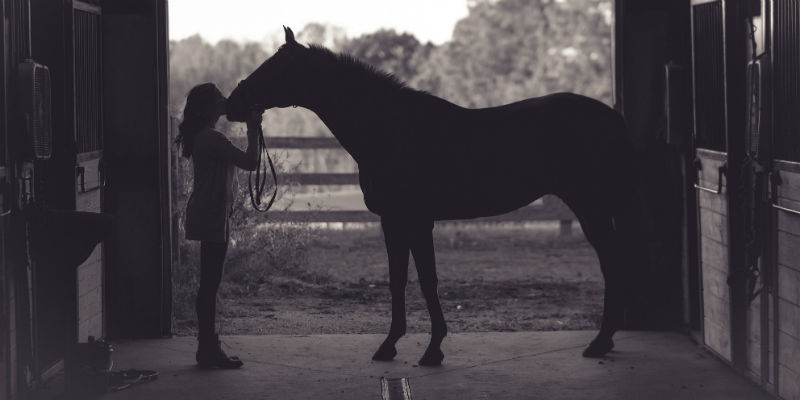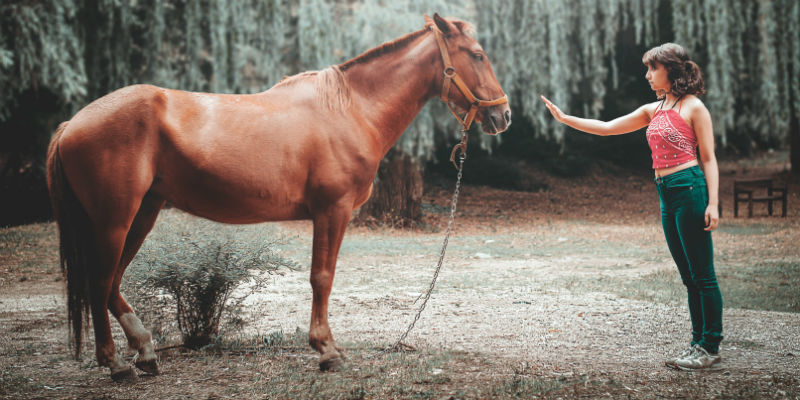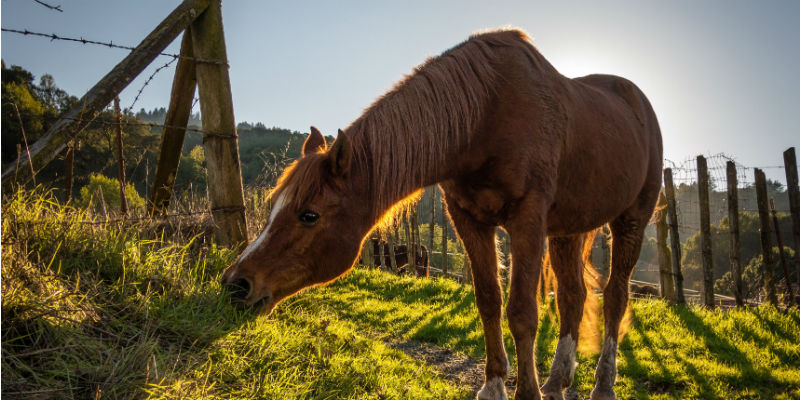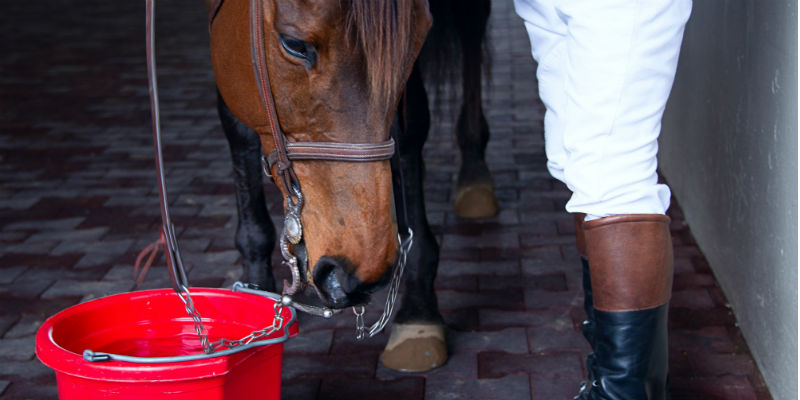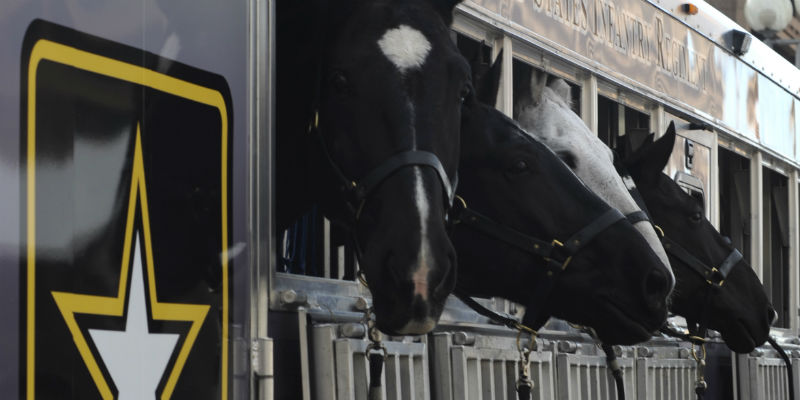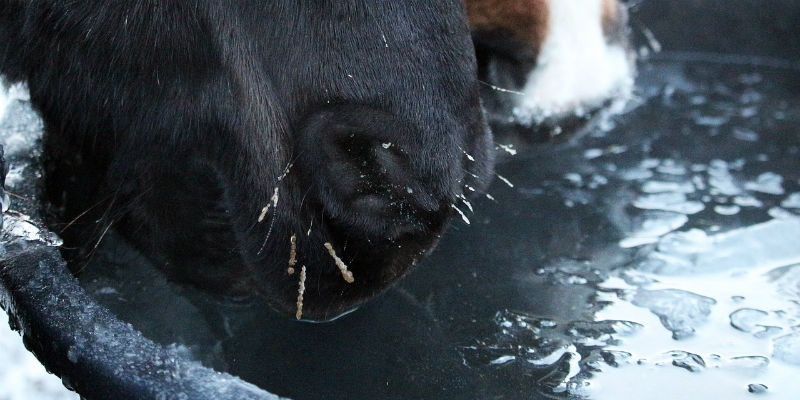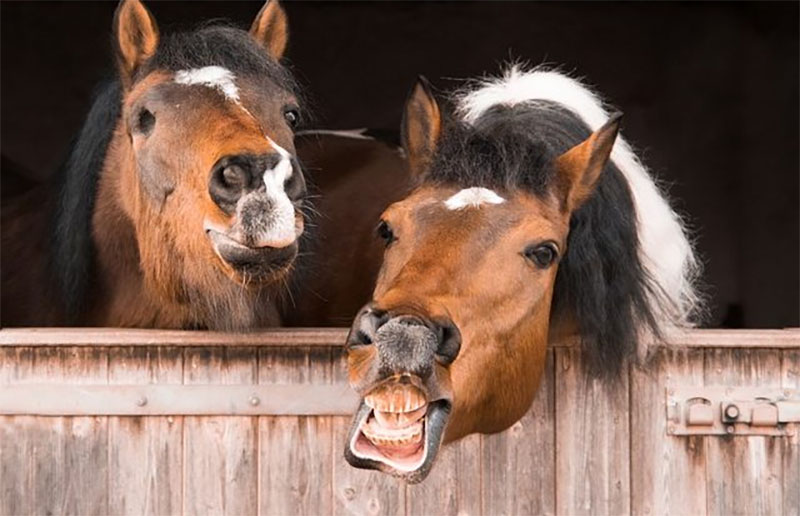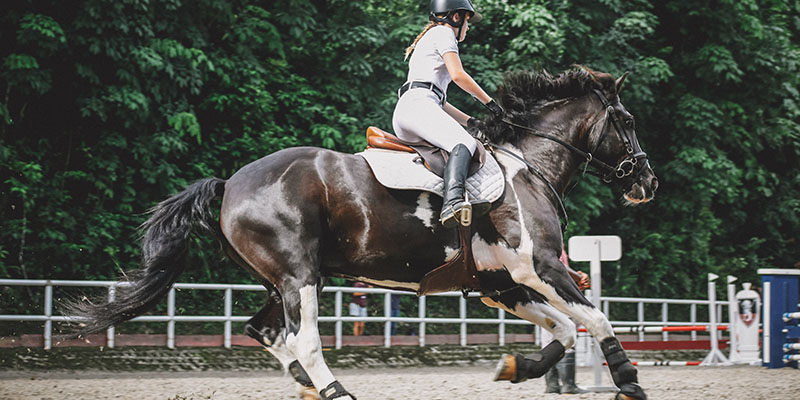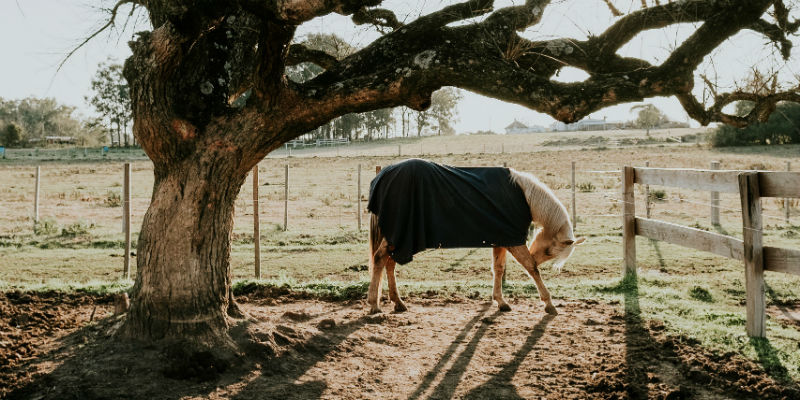Horse Rescue Myth
If you are planning to move to Colorado with the intentions on obtaining horses, consider adopting a rehabilitated horse from one of our many horse rescues. Here is a list of the horse rescue’s in Colorado. You can also search for horse properties on our website. Also, there is a horse rescue myth out there in the horse community that all rescues are the same. This horse rescue myth could not be farther from the truth. Horse rescues in Colorado are unique organizations with their own policies and procedures, fundraisers and staff.
Horse Rescue Differences
Nonprofit rescues don’t pay income tax on the money it raises and your donations to it are usually tax-deductible. On the other hand, donations to private rescues are not tax-deductible, and they’re not required to make their records public. Also, they are required to pay income taxes on any money they receive from fundraisers, adoptions, etc.
Don’t confuse horse rescue with horse sanctuaries. Sanctuaries provide lifelong homes to horses in need and do not offer adoption options. This means that sanctuaries can help only a limited number of horses. Both of these types of organizations, differ from rehoming organizations. These types of organizations do place their horses with adopters, but many rescues of this type also offer a limited number of sanctuary spots to horses they deem unadoptable. There are many reasons why a horse may be unadoptable, typically for physical or behavioral problems.
Another way that rescues differ from each other are the may in which they take in horses, or where they receive them from. Horses can come to rescues from auctions, racetracks, owner donations or law enforcement impoundments in cases of abuse or neglect.


